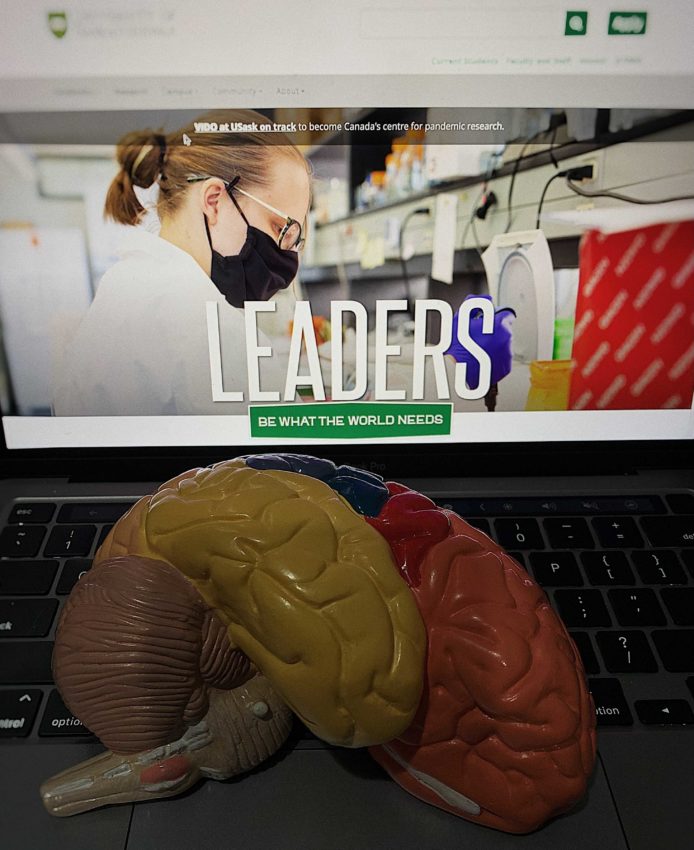
The university’s Access and Equity Services aims to tackle the issue of executive dysfunction in students with mental health issues with a pilot program.
AES is now offering students sessions with an academic strategist. This pilot program provides students with 10 sessions that aim to help students recognize what they need to change in order to develop and grow specific skills.
Vanessa Guest, the program’s academic strategist, says that you do not need to have a disability to struggle with executive functioning.
“When we’re young, we are not good at lots of these things — even when we get older,” Guest said.
Guest’s role includes providing help to students in the areas of executive functioning, cognitive processing and personal development. She says that the majority of students that attend her lessons have ADHD, but she has also talked to students with visual impairments, bipolar disorder, depression, general anxiety disorder and post-traumatic stress disorder.
Executive functions are the set of mental skills that people use to manage daily life. These skills include memory, flexible thinking and self-control, and they are regulated in the prefrontal cortex region of the brain. So what happens if that part of the brain is compromised? Executive dysfunction becomes an issue.
The executive functions help students engage with their course material. For students who experience executive dysfunction to achieve their goals, it helps to develop a set of strategies and skills to deal with it.
Executive dysfunction is commonly only thought of as an issue that only people with ADHD face. However, while executive dysfunction is very common in people with neurological disorders, those who live with depression or other conditions can also be impacted.
Any course at the university level comes with a great deal of responsibilities. Unfortunately, people who experience difficulties with consistency, getting started on tasks and other self-management skills can have trouble meeting those demands.
People with physical or invisible disabilities have the right to accommodations, which the University of Saskatchewan provides through AES. Upon registering, students are provided with options depending on their needs, one of which is the academic strategyst pilot program.
Some students who have gone through the program share positive responses. Sam Jones* says that last semester the sessions were “an integral part of [their] success in law school.”
Kara Quennell, a medical resident who took part in the program, was struggling with juggling the research and academic components in their clinical work.
“The academic strategist provided insightful and compassionate support,” Quennell said, “She gave me practical tools and helped me see why I was running into the same problems over and over again.”
Guest says that she has worked with many interesting students, each with their own experiences to share.
“Everybody has a story,” Guest said, “Our paths have crossed in this juncture of time and space for a reason.”
Whether it is to learn about procrastination, time management, or simply to share a story with each other, Guest thinks talking to someone is always beneficial.
“We are all medicine for each other,” Guest said.
*To protect their identity, the individual’s name has been changed.
—
Kristine Jones A. Del Socorro | Culture Editor
Leave a Reply